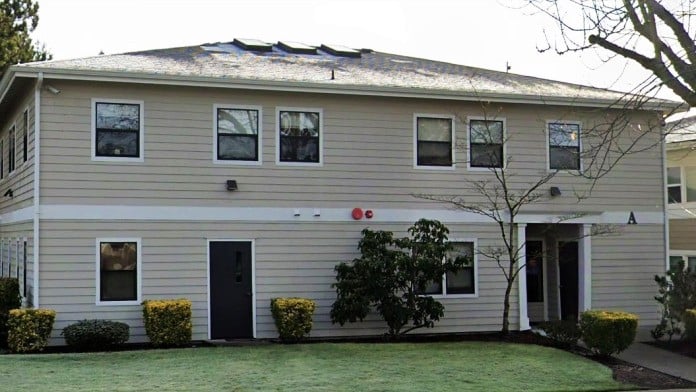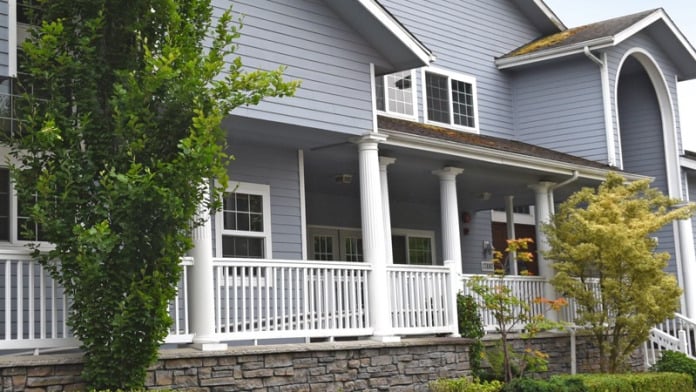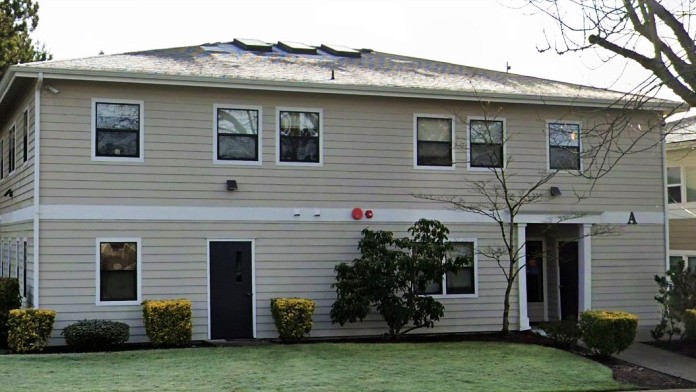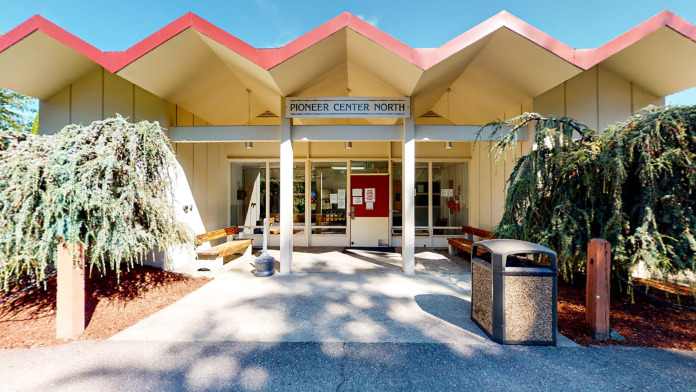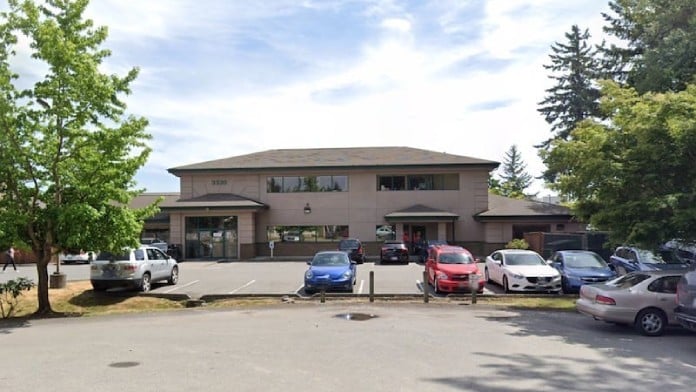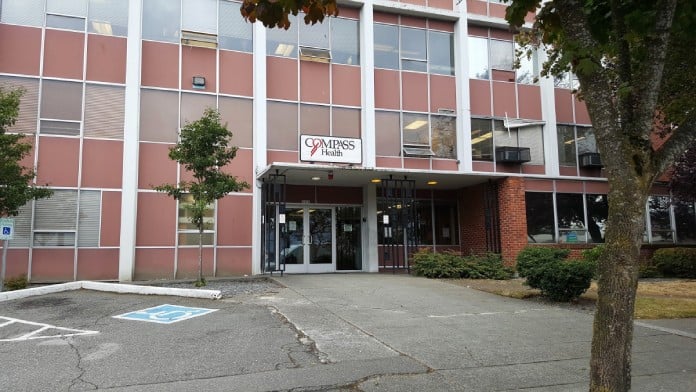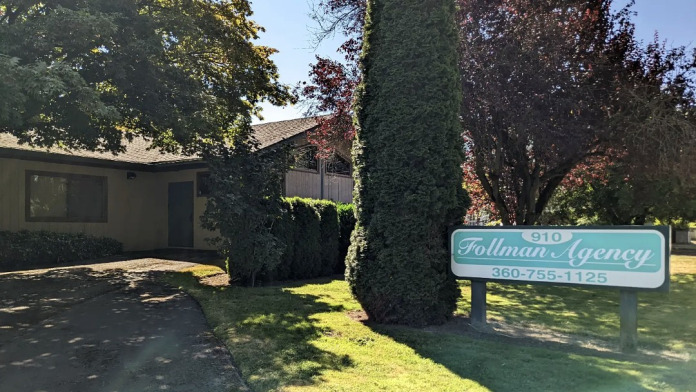Worst place to go to for assessments. It's obviously something they do only for money and they give you false charges. Do yourself a favor and go somewhere else.
About Alpine Recovery Services
Alpine Recovery Services in Arlington, Washington might be exactly what you need if you’re looking for substance use treatment that doesn’t feel cold or clinical. Since 1992, they’ve built a reputation for treating clients like real people and not cases. The vibe is calm, comforting and supportive, which is ideal when you’re trying to reset your life and build something new.
Personalized Care in a Peaceful Corner in Arlington
Alpine works with clients facing all kinds of substance use challenges, from alcohol and marijuana to meth and opioids like fentanyl and heroin. Their services aren’t one-size-fits-all either. Depending on your needs, you might start with their partial hospitalization program or go directly into intensive outpatient care.
They also focus heavily on relapse prevention and continuing care, so you’re not just dropped once the initial program ends. There are alumni groups, aftercare planning, and regular check-ins to keep that momentum going.
Rooted in Respect, Backed by Experience
What really stands out about Alpine Recovery is how much respect and dignity they give every single person who walks through their doors. They get that recovery is vulnerable and that it takes guts just to show up. Their team is full of licensed and highly trained professionals who know the science of addiction, but also understand the human side of it too. They use a mix of evidence-based therapies and a 12-step community model, which gives clients a solid blend of structured guidance and personal growth.
Programs like moral reconation therapy, family support and education-focused counseling give people the tools to understand why they use and how to build a healthier path. And here’s the best part, Alpine Recovery’s approach is holistic. That’s why their treatment isn’t just about stopping substance use, it’s about rebuilding a balance across your whole life.
Latest Reviews
Rehab Score
Gallery
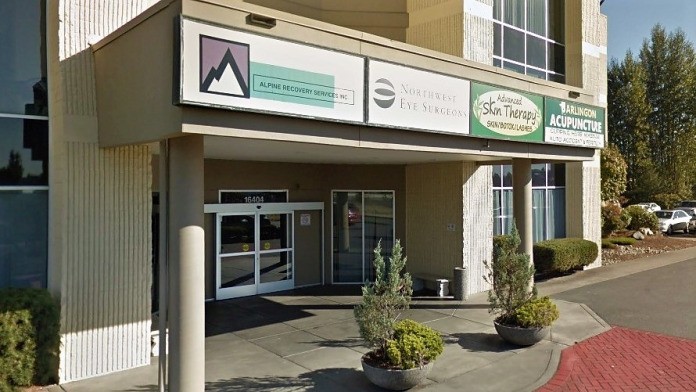

Accepted Insurance

Other Forms of Payment
Private insurance refers to any kind of healthcare coverage that isn't from the state or federal government. This includes individual and family plans offered by an employer or purchased from the Insurance Marketplace. Every plan will have different requirements and out of pocket costs so be sure to get the full details before you start treatment.
Self-pay involves paying for treatment out of your own pocket. You can use savings or credit, get a personal loan, or receive help from family and friends to fund your treatment. If you don't have insurance or your insurance plan doesn't cover a specific program, self-pay can help ensure you still get the care you need.
Military members, veterans, and eligible dependents have access to specific insurance programs that help them get the care they need. TRICARE and VA insurance can help you access low cost or no cost addiction and mental health treatment. Programs that accept military insurance often have targeted treatment focused on the unique challenges military members, veterans, and their families face.
Addiction Treatments
Levels of Care
Outpatient Programs (OP) are for those seeking mental rehab or drug rehab, but who also stay at home every night. The main difference between outpatient treatment (OP) and intensive outpatient treatment (IOP) lies in the amount of hours the patient spends at the facility. Most of the time an outpatient program is designed for someone who has completed an inpatient stay and is looking to continue their growth in recovery. Outpatient is not meant to be the starting point, it is commonly referred to as aftercare.
Intensive Outpatient Programs (IOP) are for those who want or need a very structured treatment program but who also wish to live at home and continue with certain responsibilities (such as work or school). IOP substance abuse treatment programs vary in duration and intensity, and certain outpatient rehab centers will offer individualized treatment programs.
Treatments
The goal of treatment for alcoholism is abstinence. Those with poor social support, poor motivation, or psychiatric disorders tend to relapse within a few years of treatment. For these people, success is measured by longer periods of abstinence, reduced use of alcohol, better health, and improved social functioning. Recovery and Maintenance are usually based on 12 step programs and AA meetings.
Effective drug rehab in Washington integrates care for the whole person, offering comprehensive solutions to addiction. Treatment methods address mental, physical, and relational aspects of substance abuse.
Opioid rehabs specialize in supporting those recovering from opioid addiction. They treat those suffering from addiction to illegal opioids like heroin, as well as prescription drugs like oxycodone. These centers typically combine both physical as well as mental and emotional support to help stop addiction. Physical support often includes medical detox and subsequent medical support (including medication), and mental support includes in-depth therapy to address the underlying causes of addiction.
Substance rehabs focus on helping individuals recover from substance abuse, including alcohol and drug addiction (both illegal and prescription drugs). They often include the opportunity to engage in both individual as well as group therapy.
Programs
Adult rehab programs include therapies tailored to each client's specific needs, goals, and recovery progress. They are tailored to the specific challenges adult clients may face, including family and work pressures and commitments. From inpatient and residential treatment to various levels of outpatient services, there are many options available. Some facilities also help adults work through co-occurring conditions, like anxiety, that can accompany addiction.
Young adulthood can be an exciting, yet difficult, time of transition. Individuals in their late teens to mid-20s face unique stressors related to school, jobs, families, and social circles, which can lead to a rise in substance use. Rehab centers with dedicated young adult programs will include activities and amenities that cater to this age group, with an emphasis on specialized counseling, peer socialization, and ongoing aftercare.
Clinical Services
Group therapy is any therapeutic work that happens in a group (not one-on-one). There are a number of different group therapy modalities, including support groups, experiential therapy, psycho-education, and more. Group therapy involves treatment as well as processing interaction between group members.
Staff & Accreditations
Staff
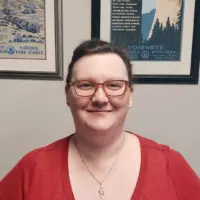
Stefani King
Administrator & Director of Operations
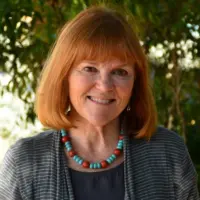
Ann Mendenhall, PA-C
Medical Director

Greg Bauer, SUDP, NCAC I
Executive Clinical Director
Accreditations

The Substance Abuse and Mental Health Services Administration (SAMHSA) is a branch of the U.S. Department of Health and Human Services. Established in 1992 by congress, SAMHSA's mission is to reduce the impact of substance abuse and mental illness on American's communities.
SAMHSA Listed: Yes

State Licenses are permits issued by government agencies that allow rehab organizations to conduct business legally within a certain geographical area. Typically, the kind of program a rehab facility offers, along with its physical location, determines which licenses are required to operate legally.
State License: Washington
Contact Information
16404 Smokey Point Boulevard
Suite 109
Arlington, WA 98223
